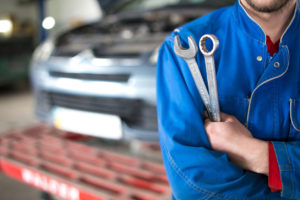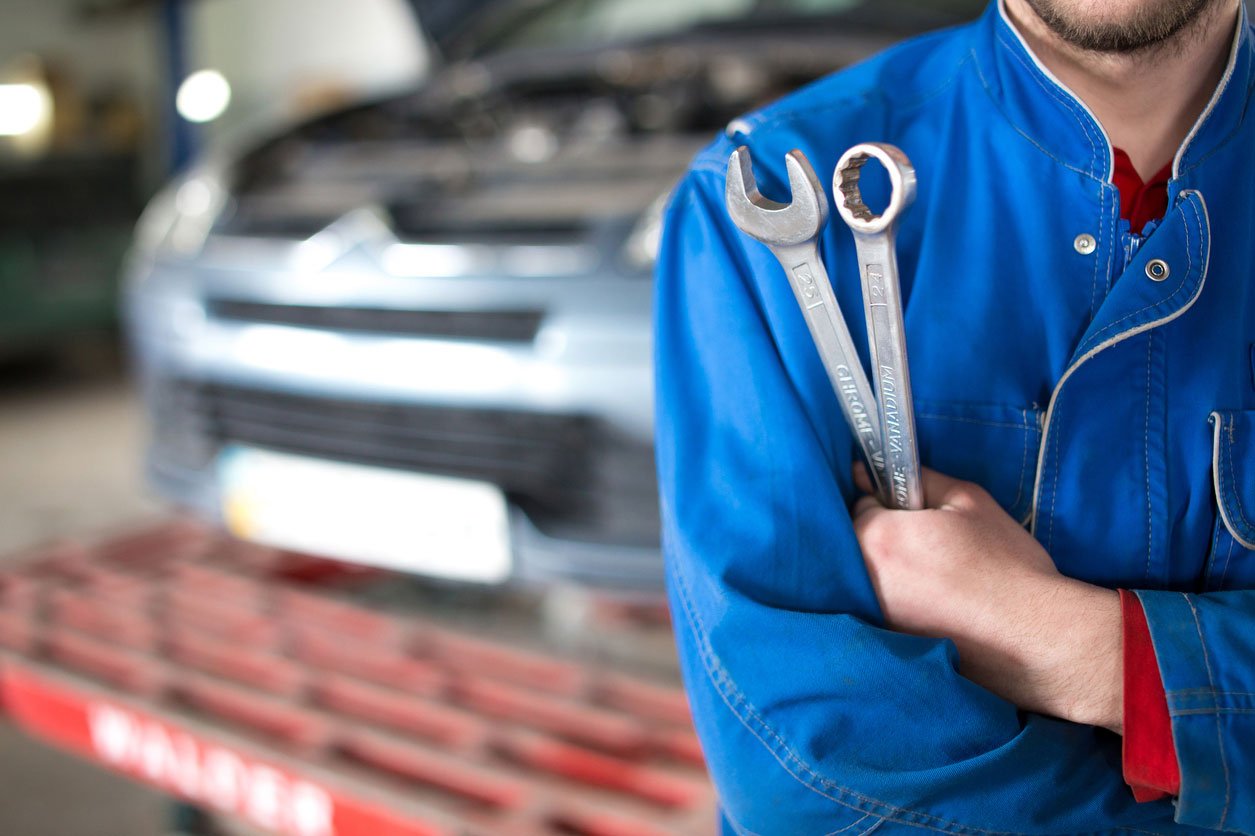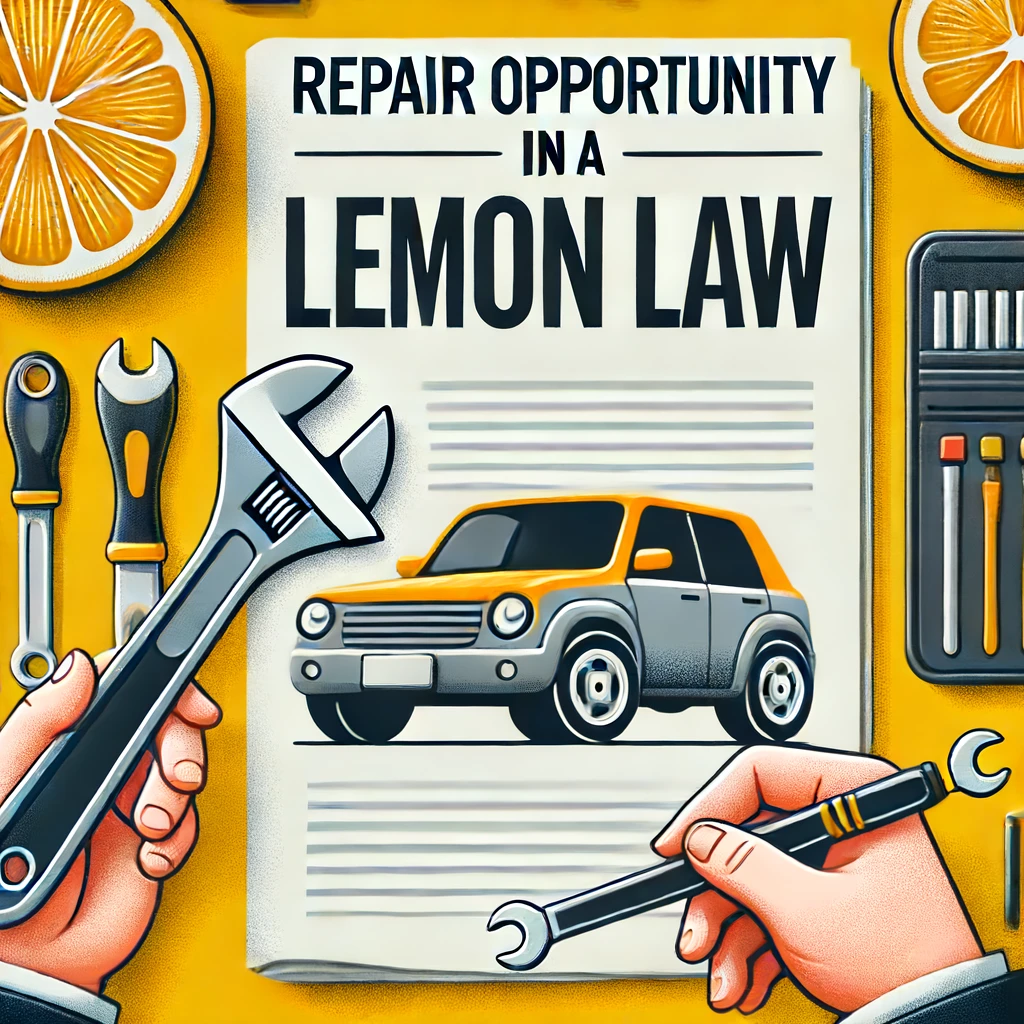
You have heard the horror stories. Consumers complain about taking a car in for basic repairs and returning to find the car inoperable. Car repairs represent one of the certainties of life, but finding the best mechanic is truly a daunting task. Just ask Anna Marie Holland.
“I took my Honda in for a tune up,” said Anna Marie, “and I came back later in the day to find the car covered with dents and scratches.” After several attempts to receive compensation for the damage to her Honda, Anna Marie was forced to contact a consumer law attorney to receive justice for her pain and suffering.
Types of Car Repair Shops
Most consumer law attorneys define three types of auto repair shops: dealerships, general repair, and auto repair chains. Car dealerships employ mechanics that have experience working on makes and models the dealership sells. However, car dealership repairs typically cost more than the prices charged by the other two types of car repair shops. General repair shops charge more for parts, but labor is less expensive than the costs of labor charged by car dealerships. Auto repair chains specialize in one facet of car repair, whether it is an oil change or brake service.
Ask for a Cost Estimate
Many states legally mandate that mechanics provide consumers with auto repair cost estimates, before starting any auto service work. If you live in a state that does not include the cost estimate requirement, make sure to ask for a cost estimate that includes exactly what the repair shop plans to do in terms of repair work. Many states have statutes that require auto repair shops to charge a final price that does not exceed a defined percentage over the cost estimate.
Should You Refuse to Pay for Auto Repairs?
You might refuse to pay for shoddy auto repair work, but in many states, the auto repair shop has the legal right to keep your vehicle until it receives compensation for the work done on your vehicle. The auto repair shop owner must acquire a mechanic’s lien to validate a legal claim against the vehicle in question. The mechanic’s lien applies to all types of car repair services, from simple oil changes on luxury cars to engine overhauls for economy cars.
Know about Unfair and Deceptive Acts and Practices Laws
Every state has passed some type of consumer law that protects you against unfair and deceptive acts and practices (UDAP). However, the legal language of UDAP statutes varies among the 50 states. UDAP statutes address a wide variety of unfair acts and practices that include auto repair services. Some of the UDAP statutes that cover car repairs deal with cost estimates and the use of rebuilt parts used for auto repair work. UDAP laws might contain language that mandates same-day repairs, as well as stipulations that require auto repair shops to fix shoddy work.
Repairs You Do Not Authorize
Unscrupulous auto repair shops like to complete auto repairs that you did not authorize and/or charge for repairs the shop never performed on your vehicle. In either case, you might be able to sue the mechanic for damages. Check with your state Attorney General’s office to learn more about auto repair fraud statutes.
If an auto repair shop makes a “good faith” effort to fix a vehicle problem, but fails to correct a vehicle problem, you probably do not have legal cause to seek monetary damages. To learn more about consumer protection statutes that define auto repair issues, contact our California law firm to schedule a free initial consultation with one of our consumer law attorneys.





